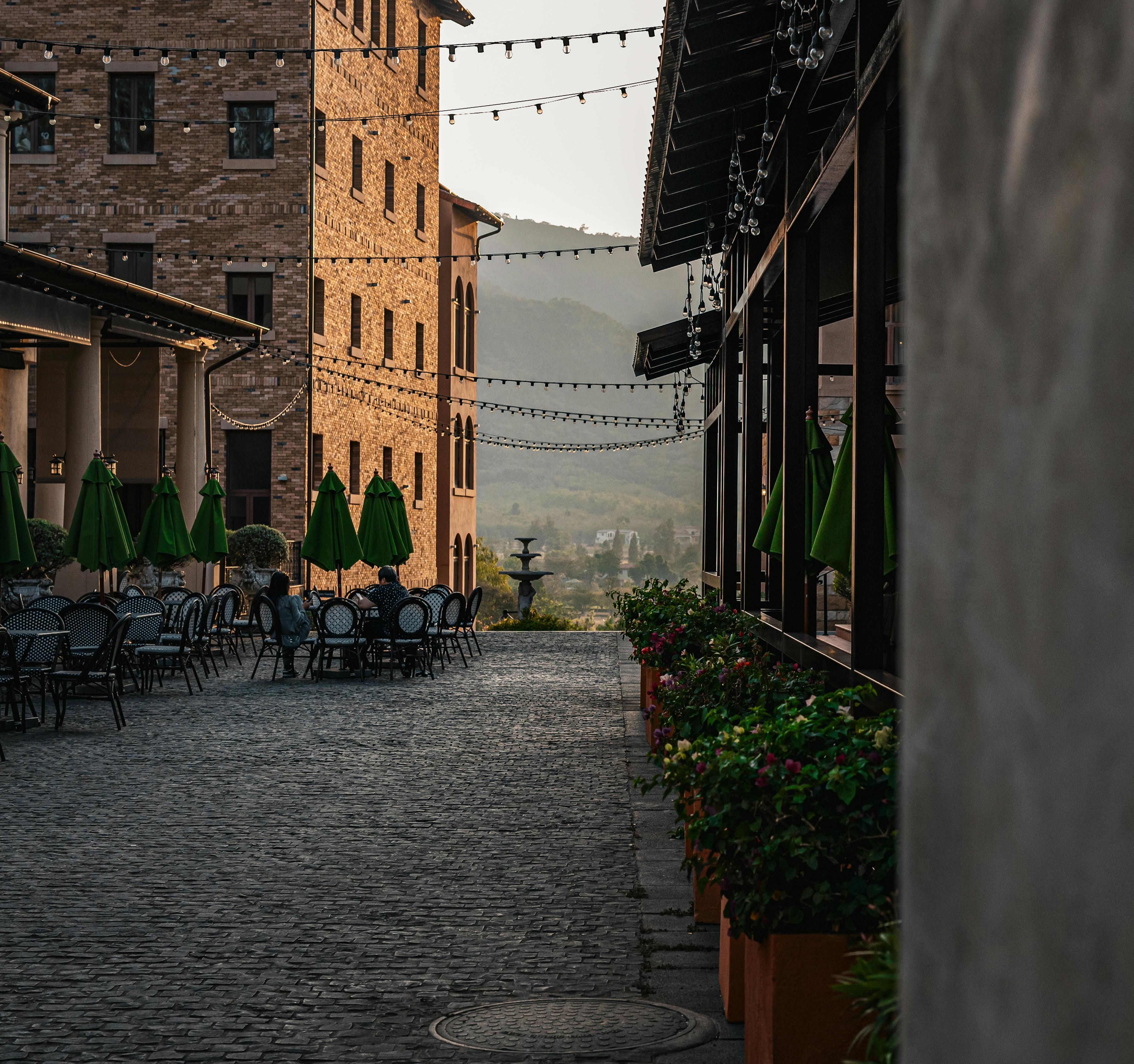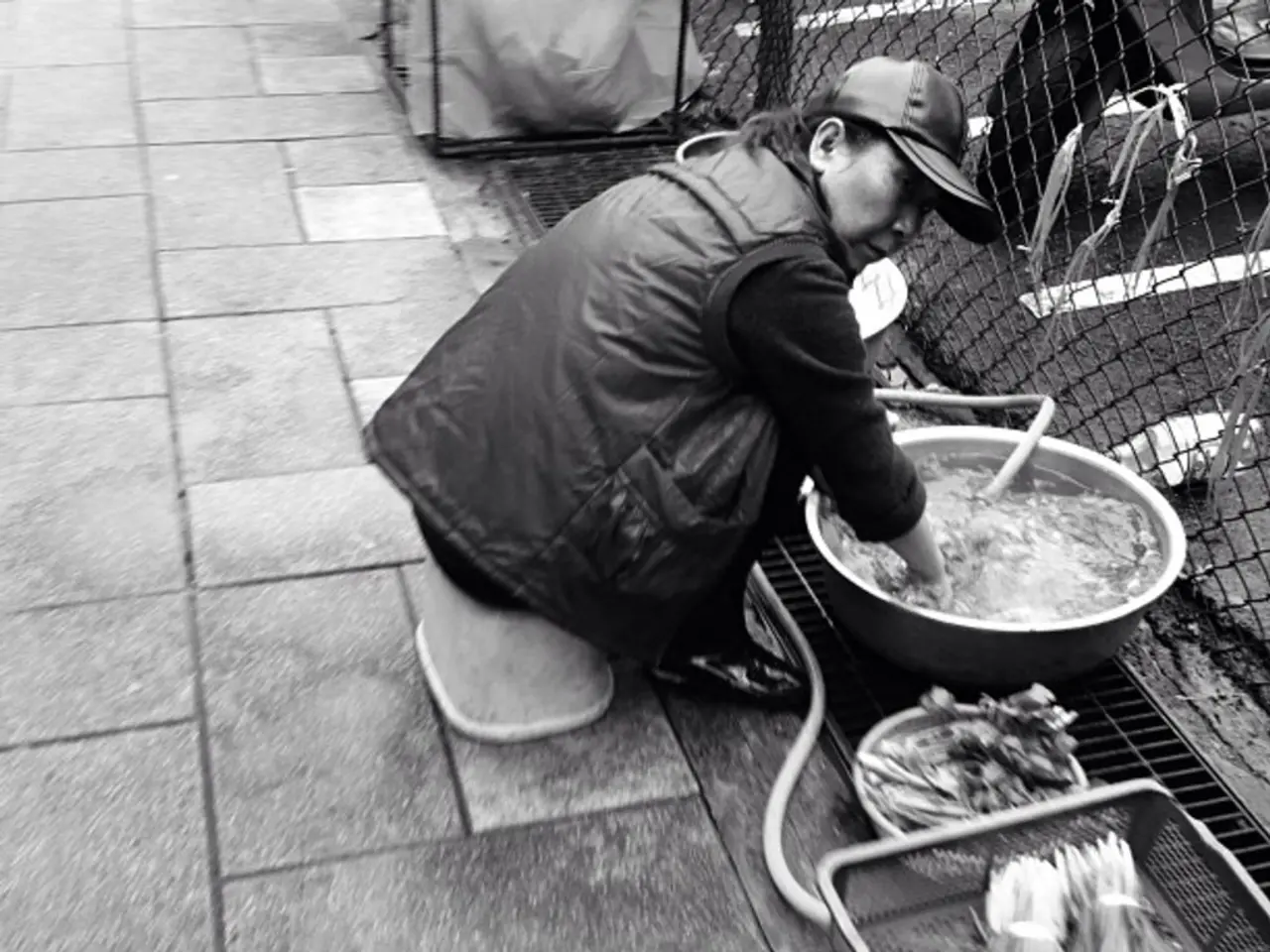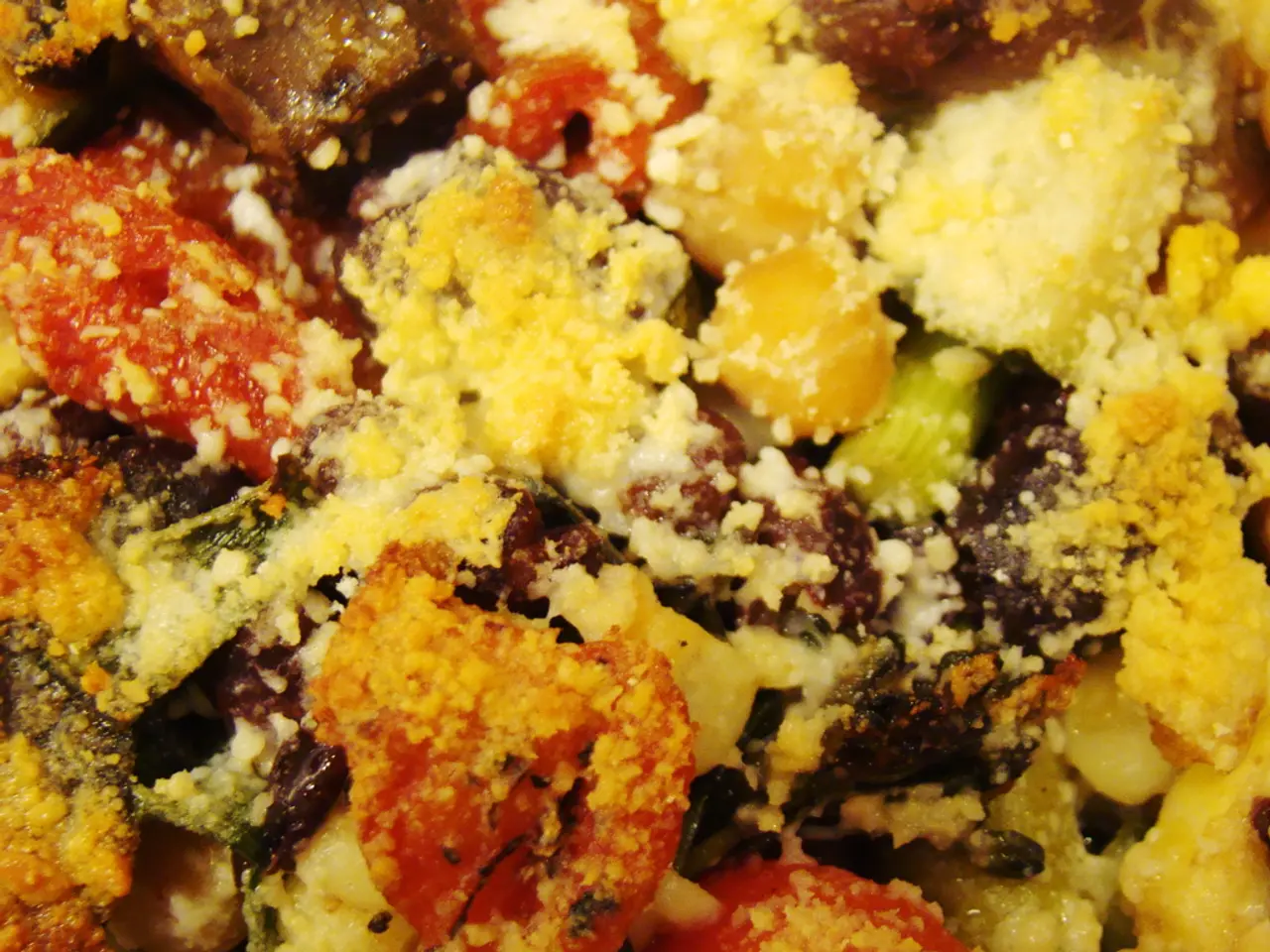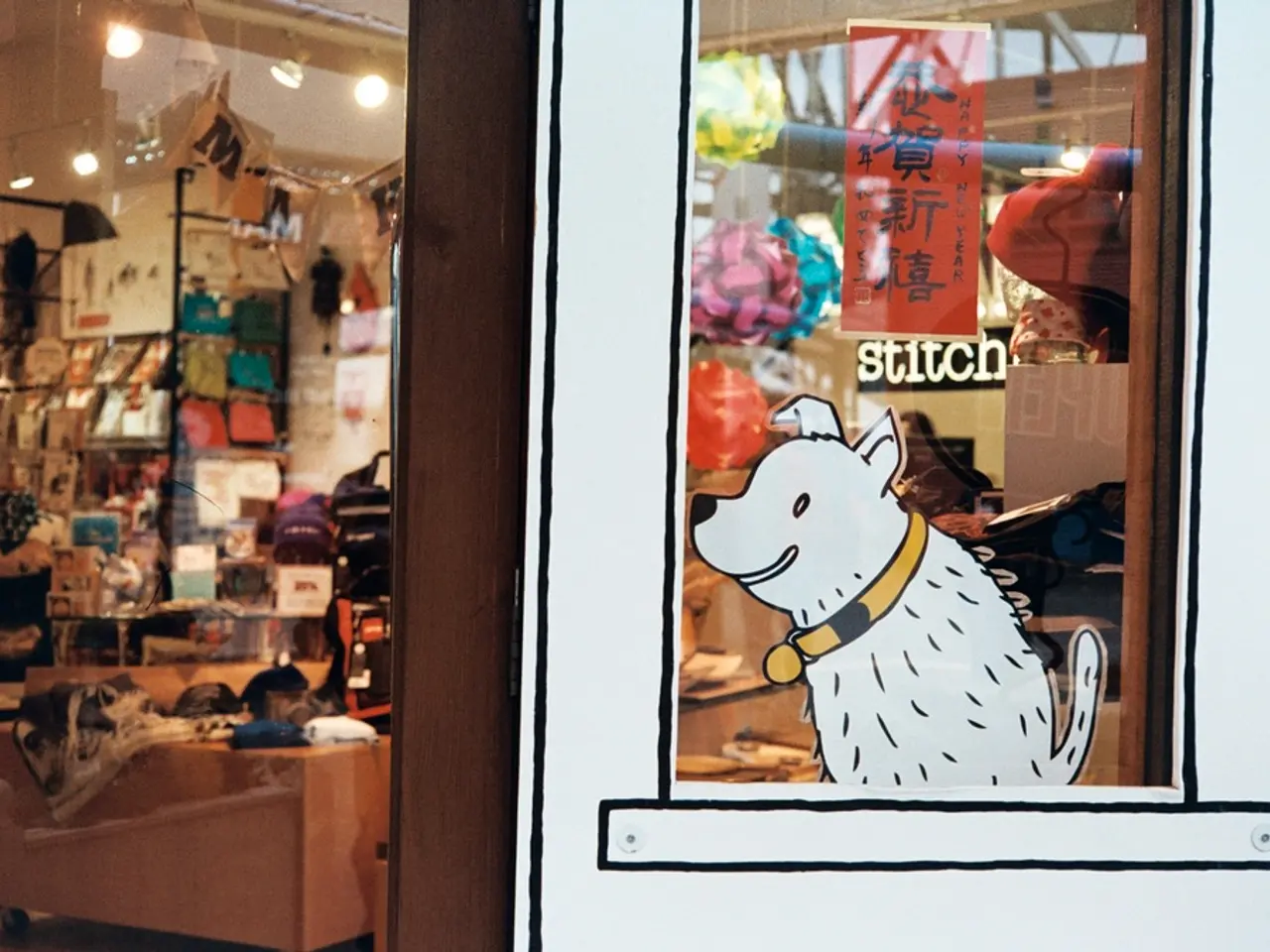Penalties for gardeners: Roskachnoye reveals gardening facilities subject to severe penalties
Gardening: A Cautious Pursuit in Your Own Backyard
Dabbling in gardening at home can unexpectedly lead to trouble - particularly when unapproved plants and fungi thrive on your plot unknowingly. Yes, your quaint vegetable garden might land you in hot water and hefty fines! In a chat with "Lenta.ru", a rep from Roskachestvo, Igor Pozdnyakov, spilled the beans: not every plant sprouting from the soil is safe for the homeowner.
The blacklist doesn't end at familiar poppies but extends to more exotic species such as mescaline-containing cacti, the cryptic sage of the seers, and coca. Harmala and certain mushrooms pose even greater risks - like the psilocybin mushrooms, where growing just 20 fruiting bodies on your territory is already deemed "large-scale," and from 200 - "especially large." Ignorance of the consequences could cost you your freedom for such a collection!
The law is merciless: nurturing prohibited plants and mushrooms on a large or especially large scale could result in a fine of up to 300,000 rubles, mandatory corrective labor, and in extreme cases, up to eight years in correctional colonies.
But there's a silver lining! Not all poppy varieties are villains. Only the ones listed in a special decree are banned. Others can be grown with caution and in compliance with the law.
Legal eagles are on high alert too. For instance, Anastasia Bilalova warns that gardeners can be fined not just for suspicious plants. Unsanitary conditions, pollution, offensive odors, soil damage, neglected upkeep, and uninvited critters can haul in penalties.
So, remember: before you sow seeds to something exotic, make sure you're sowing seeds of safety and not landing in jail with your harvest. Your garden should be both beautiful and cautious!
Tread Lightly: Your garden is not a tobacco lab experiment!
More to Ponder:
- "The cold won't spare anyone": Vilfand reveals the dates in May when seedlings can be planted in your garden
- "Four packs - it's all pure cream": Roskontrol ranks the best butter brands
- "From May 5th, the measured life of non-working Russians will change by 180 degrees": Tatyana Golikova announces a new decree
- "From tomorrow: Sberbank rewards anyone with the 'Sberbank Online' app on their phone"
- "Winter will return": meteorologists forecast another cold wave in Russia
Prohibited Plants and Mushrooms You Should Avoid: A Harsher Side of Mother Nature
In Russia, home gardeners should steer clear of these plants to prevent fines and imprisonment for growing prohibited items:
Prohibited Plants:
- Banisteriopsis kaapi
- Harmala
- Blue lotus
- Cat, tricolor ipomoea
- Hawaiian rose
- Mimosa hostilis
- Poppy (specific varieties as listed in Government Decree No. 934 of November 27, 2010)
- Cacti containing mescaline
- Coca
Prohibited Mushrooms:
- Mushrooms containing psychoactive substances like psilocybin (e.g., certain species not specifically named but falling under the category of psychoactive fungi).
- Mushrooms containing narcotic compounds (though the list doesn't specifically mention which ones, psychoactive mushrooms are the main focus).
- Cultivating plants like Banisteriopsis kaapi, Harmala, blue lotus, cat (tricolor ipomoea), Hawaiian rose, Mimosa hostilis, poppy (specific varieties listed in Government Decree No. 934 of November 27, 2010), and cacti containing mescaline, as well as mushrooms with psychoactive substances such as psilocybin and those containing narcotic compounds, is strictly prohibited in home gardens in Russia to avoid hefty fines, mandatory corrective labor, and up to eight years in correctional colonies.
- The law is not lenient towards growing mushrooms, with just 20 fruiting bodies already considered "large-scale," and from 200 considered "especially large," which could lead to fines and even imprisonment.
- Growing certain exotic species such as mescaline-containing cacti, the cryptic sage of the seers, and coca is particularly risky, as they are included in the blacklist of prohibited plants.
- Keeping your garden safe and law-abiding isn't just about avoiding prohibited plants and mushrooms, but also ensuring good health-and-wellness practices and maintaining mental-health standards by keeping the space clean, avoiding unsanitary conditions, and preventing pollution, offensive odors, soil damage, neglected upkeep, and uninvited critters.








